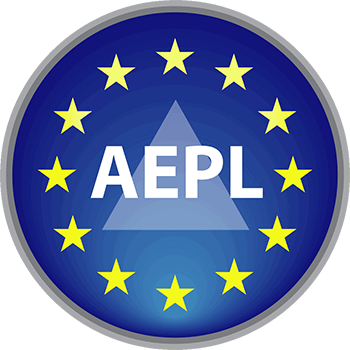Artificial intelligence and the Brussels effect
Published on 20/06/2023ARTIFICIAL INTELLIGENCE AND THE BRUSSELS EFFECT
One of AEPL's most important actions at the moment is the recognition of our Artificial Intelligence working group, led by our friend Joël De Decker, which has been accredited, consulted and involved by the European Commission in the preparation of proposed legislation on the role of ethics in the use of artificial intelligence. This is legislation designed to protect us from the abuses of AI. AI is booming. The biggest search engines are using it: Amazon, Apple, Facebook, IBM, Microsoft on the American side and Baidu on the Chinese side. It should be noted that these will very soon be subject to European legislation, including the contribution of our working group, when it comes into force. This legislation will be part of what is known as the Brussels effect, i.e. how the European Union manages to influence, even indirectly, the course of the world while governing itself.
It is a kind of soft power, largely unknown to the people of Europe, a discreet but very real, unprecedented and profoundly underestimated global power that the EU, the world's largest market, wields through its legal standards. This normative power is one of the essential (and peaceful) levers of this influence, which not only affects companies located in Europe, but also applies to companies in third countries, including American and Chinese companies. A better understanding of this mechanism helps to explain why the EU is currently the only jurisdiction capable of exerting unilateral influence in a number of areas of law, ranging from antitrust and privacy legislation to health and environmental regulation. Once adopted, EU AI legislation will join the above list.
The result is that markets, third countries and international institutions can do little to limit Europe's global regulatory power*.
—————
*It was a Finn, Anu Bradford, who worked in Brussels and is now a professor at Columbia Law School in New York, who developed her theory of the global power of the European Union in a book entitled "The Brussels Effect" published in 2012.
The editorial committee


























